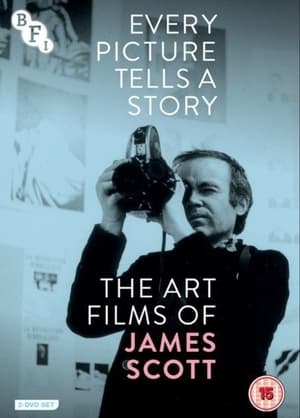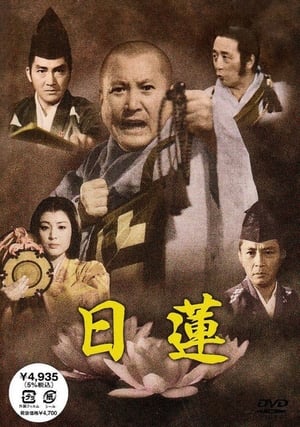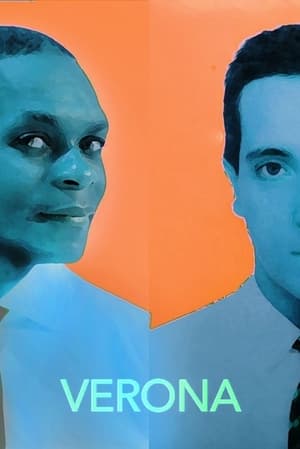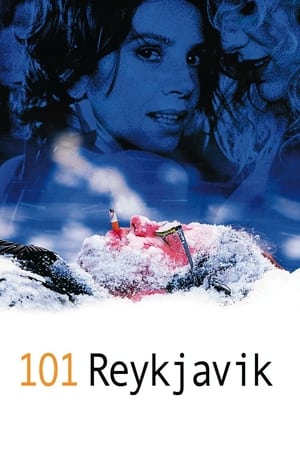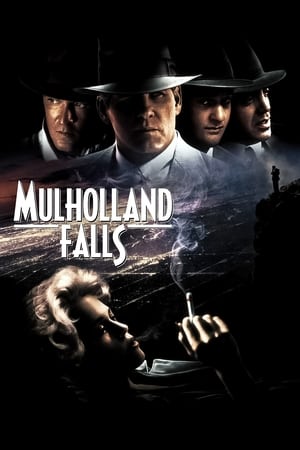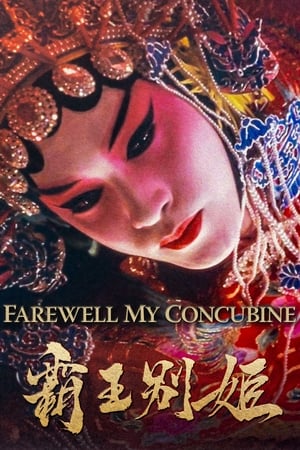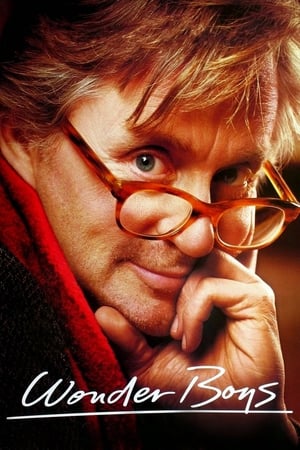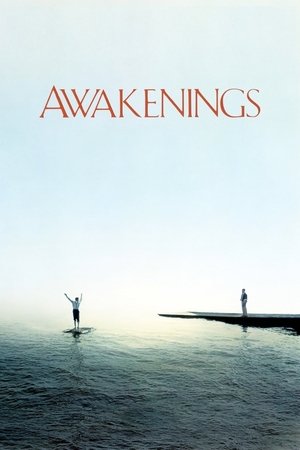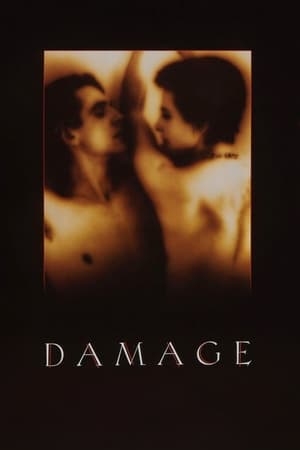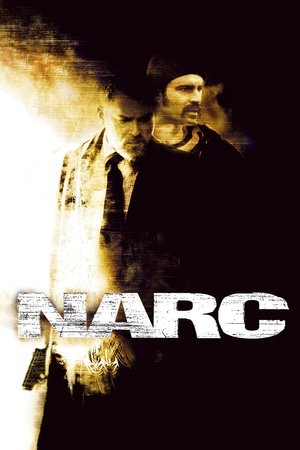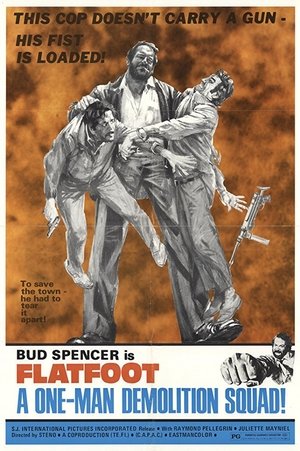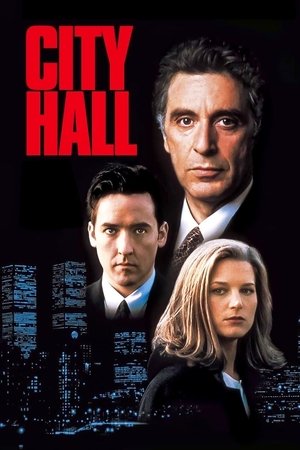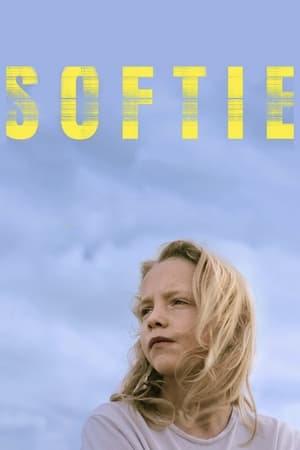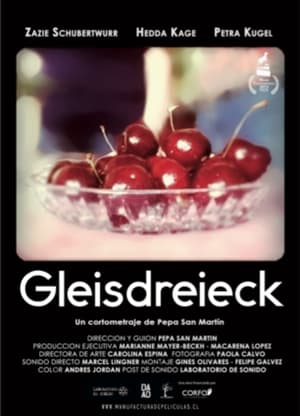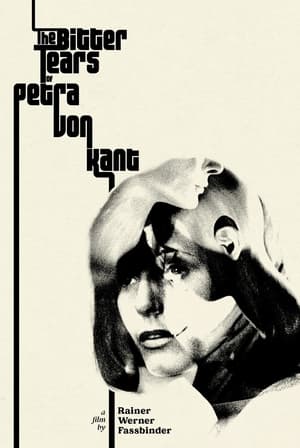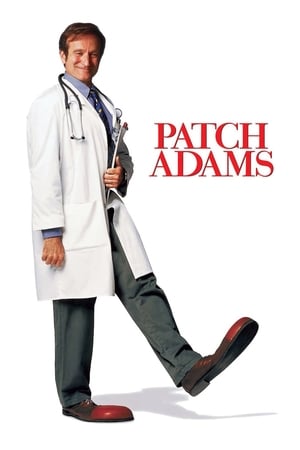Overview
The true story of Harvey Milk, the first openly gay man ever elected to public office. In San Francisco in the late 1970s, Harvey Milk becomes an activist for gay rights and inspires others to join him in his fight for equal rights that should be available to all Americans.
Reviews
Milk shakes its nutrient-rich substance to produce a delectably important biopic. No fat free milk. No semi-skimmed froth encrusting the top layer. Lactose is included. Just whole Harvey Milk dairy, freshly pasteurised by superlative direction and sharp writing. Much like fine wine, Milk tastes exquisitely with age, consistently complementing current democratic strands of chaos. Highlighting the significance of a single vote in a referendum without glorifying the omnipotence of activism.
Harvey Milk, for all intents and purposes, was the first openly gay individual to be elected for public office in the shining state of California. Combatting initiatives such as Proposition 6, the banning of homosexuals to acquire careers in public schools. As a homosexual myself, who had been unfortunately suppressed into the “closet” due to fear of zero familial acceptance, Harvey Milk can only be described as an LGBT hero. The focus on political lobbying and general activism never dissipates, with Van Sant constantly presenting Penn as a voluptuous sculpture for gay rights. And, whilst it would’ve been supremely simple to resort to a melodramatic approach by documenting the several deaths and polygamous relationships in Milk’s life, Van Sant opted for a subversive aesthetic.
By combining archival footage of police raids and controlled protests with the core dramatisation, Van Sant effortlessly blended a documentarian style with a standard biographical narrative. In doing so he enabled Milk to remain human throughout, retaining an ever-important reminder of the work that he had lovingly committed to, not just for his own acceptance into the community, but for every LGBT representative.
Ingeniously, Black addressed Milk and Moscone’s assassinations from the offset, establishing a flashback narrative structure to illustrate Milk’s political career. From opening a store entitled Castro Camera to campaigning against Christian fundamentalists. Black’s audacious dialogue inserted a substantial amount of characterisation, often resorting to humour and sassy quips, whilst tackling the heavier subjects at hand. Further humanising Milk and his supporters. The representation of opposing conservatives were also well-developed, with Milk’s fellow supervisor White gaining the most traction in comparison to Briggs and Feinstein. Offering a clash of perspectives in the democratic environment, eventually building up to a subdued yet profound climax that unleashed an endless candlelight vigil lighting up the streets of San Francisco.
Van Sant’s astute direction, specifically the inclusion of multiple one take sequences of delicious dialogue, would not have been as effective if it wasn’t for one element. An aspect to which the entire biopic relied on. Sean Penn as Harvey Milk. Without a doubt, one of the greatest performances to ever grace our screens. Rarely do I take issue with heterosexual actors portraying homosexuality, and his unanimously acclaimed performance is a valid reason why. Very shortly after his presence was noticed, subverting his typical “hard as nails” gritty roles, I no longer saw Penn. Through sheer mannerism changes, he transformed. The whispering voice, the exaggerated hand motions and the gentle personality. Deserving of any and all awards that he received.
Hirsch was just as transformative portraying fellow supporter Jones, fully embodying gay culture into a singular character. Brolin and Luna also offering noteworthy performances. Franco on the other hand failed to replicate the same quality. His monotonous delivery felt reminiscent to ‘Pineapple Express’ or any other stoned comedy. Elfman’s score, whilst enabling a lighter tone throughout, occasionally overwhelmed the more emotional sequences. Some jarring jump cuts edited by Graham also further relinquished the effectiveness of Milk’s central character and the pace.
However, as a dramatisation of a leading figure in LGBT history, Van Sant delivered the goods. Yet, as a reminder for both heterosexuals and homosexuals alike for how archaic life was, Milk is absurdly powerful. As a “fellow degenerate”, I stand alongside everything that Harvey Milk represented, enabling the LGBT community to come “out of the closet”.
A brilliantly informed piece of history. I learnt more than I thought I would and enjoyed it even more. Enjoyed probably isn’t the word as it’s a disgrace that any of this had to happen but overall it’s an empowering film of right over wrong.
I feel slightly more informed about LGBT history now than I did before the film, ready for LGBT history month (every February).
The acting is really good and believable but I have to admit I found it difficult watching straight actors cast as gay men fighting for fair representation of gay people.
This is a spotlight on a part of LGBT history that is rarely told outside LGBT circles so maybe Penn brought the message to a more mainstream audience. My view of Sean Penn's acting ability has changed based on this movie. Penn is an enigma in his controversial views on masculinity and gender but this was brilliantly acted, executed and researched and I wasn’t expecting to say that when I loaded the video.
It’s a really good watch but left me craving the "culturally, historically, or aesthetically significant" and academy award winning film it was based on, “The Times of Harvey Milk” 7/10

 128 min
128 min
 7.219
7.219
 2008
2008
 USA
USA
 The Movie Diorama wrote:
The Movie Diorama wrote: